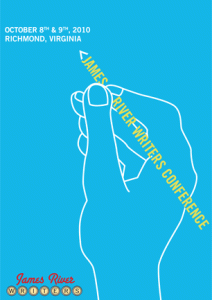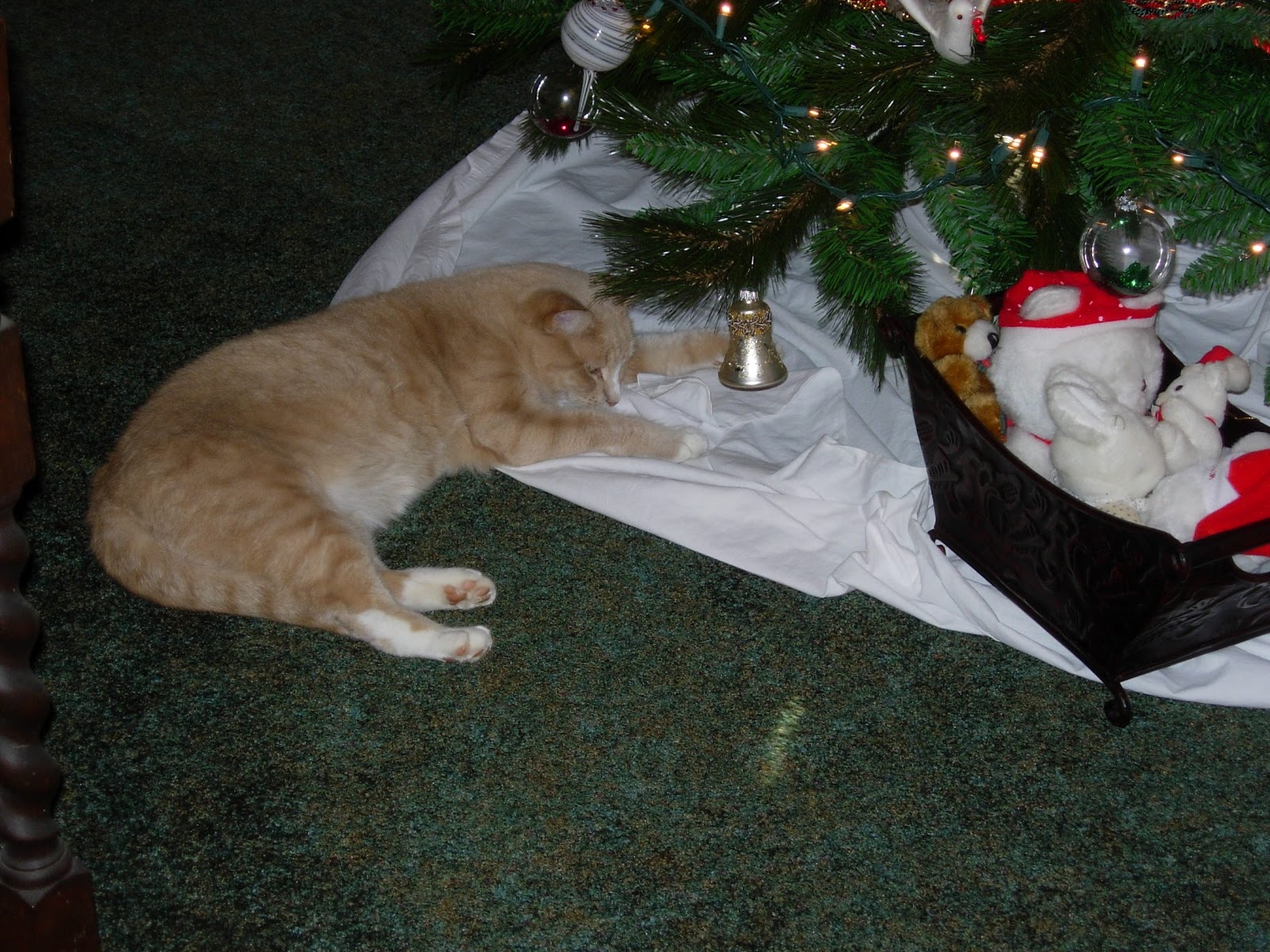 One of the great things about going to a writers conference is the networking we do in the halls and bathroom lines. We talk about our works, find people who have similar interests, exchange contact information. In short, everything everyone else does, particularly when they share a passion for something.
One of the great things about going to a writers conference is the networking we do in the halls and bathroom lines. We talk about our works, find people who have similar interests, exchange contact information. In short, everything everyone else does, particularly when they share a passion for something.
For us, it is the passion for the written word. This year, the conference had several 101 sessions: setting, character. Even though I have been writing seriously for more than a decade (all right, two decades), I learn something every time I go to a session.
Pacing: sometimes the strength of pacing is what you don’t write. It’s letting readers fill in the blanks and become an active part of the experience. Avoid all versions of “to be” — unless you are Shakespeare. News flash: it’s been done. Use strong verbs. Build strong imagery. Avoid unnecessarily redundant words — like this sentence.
Character: write down everything you know about your character, even things you will NEVER use. Get to know the major and minor characters as if they are part of your family. You will be able to add verisimilitude by knowing your characters inside and out.
Setting: setting is what you use to create atmosphere, which is the feeling you get from the setting. This does NOT mean hundreds of words of description. No room in today’s readers’ minds for the Henry James type of descriptive pages. Set down the basics, temporal, physical and situational details. Avoid the National Geographic introduction of setting. And, the agents and writers coached, avoid vague adjectives like “beautiful.” Doesn’t convey squat to the reader.
How do you build character?




Ok, verisimilitude, I looked it up and you know, I still don't know if it is “True” or “Appears to be True”. However, I am sure I will find out….real soon!
chuck
Great post. Eagerly waiting for more tips. Write on!
Vonnie
Thanks, Vonnie. I'm putting the tips to good use as I read through chapters from members of my critique group. Write now, right now.